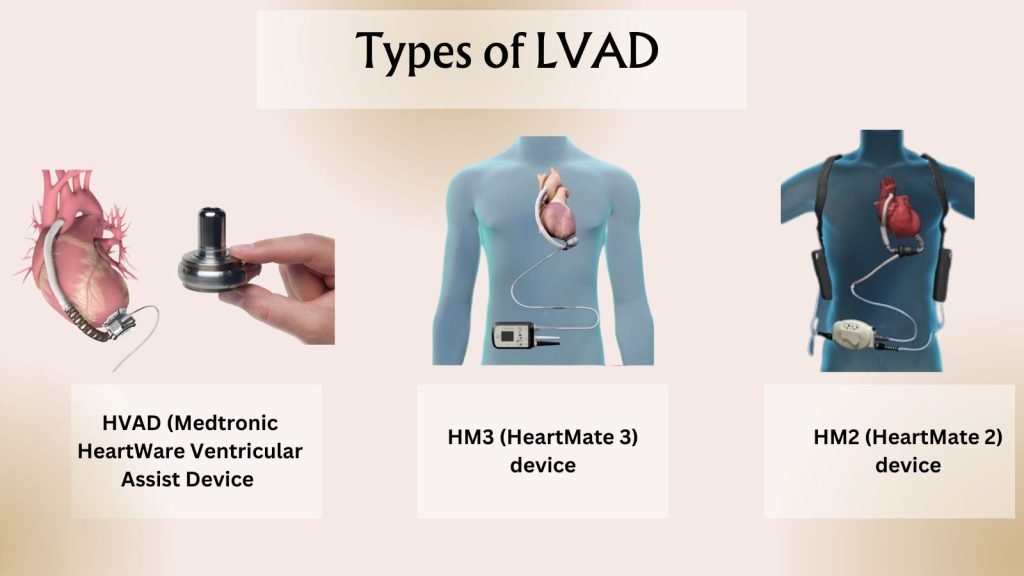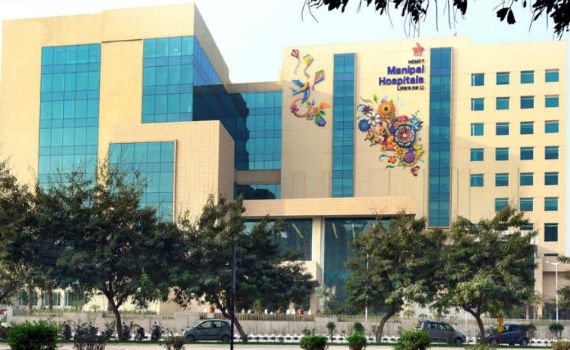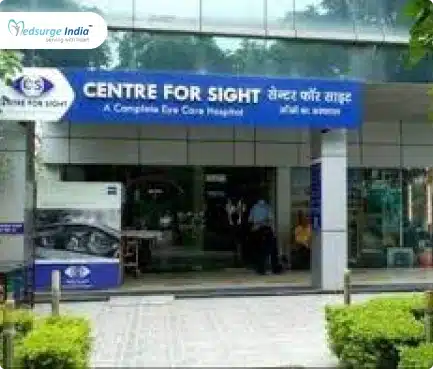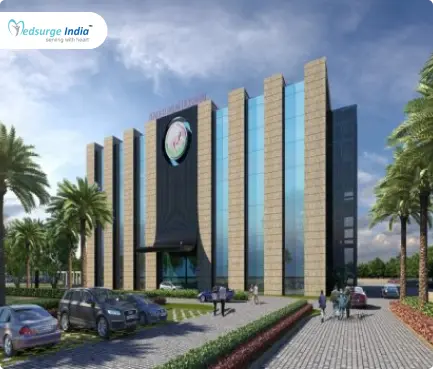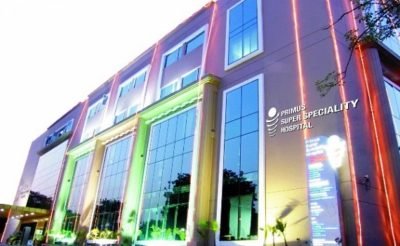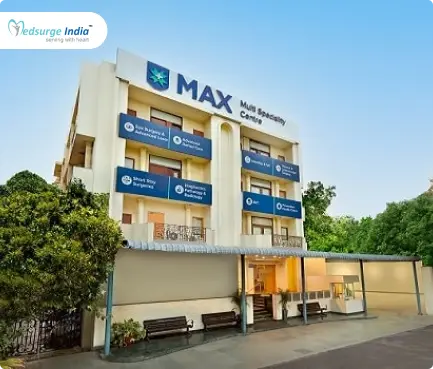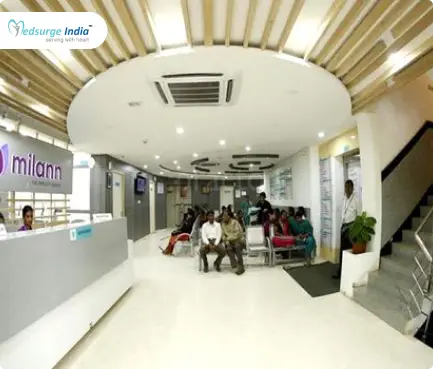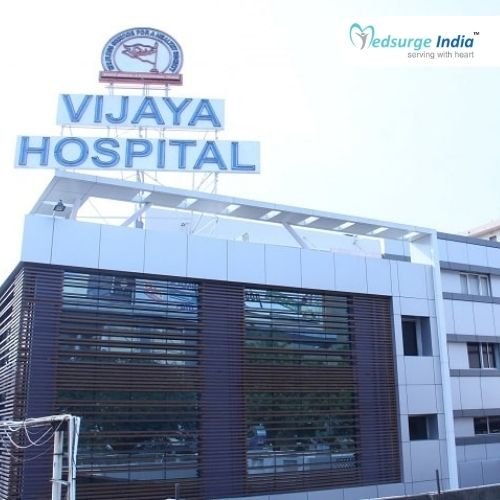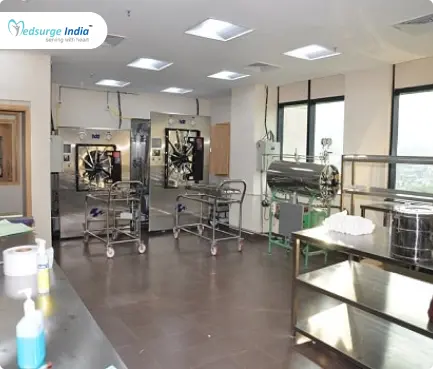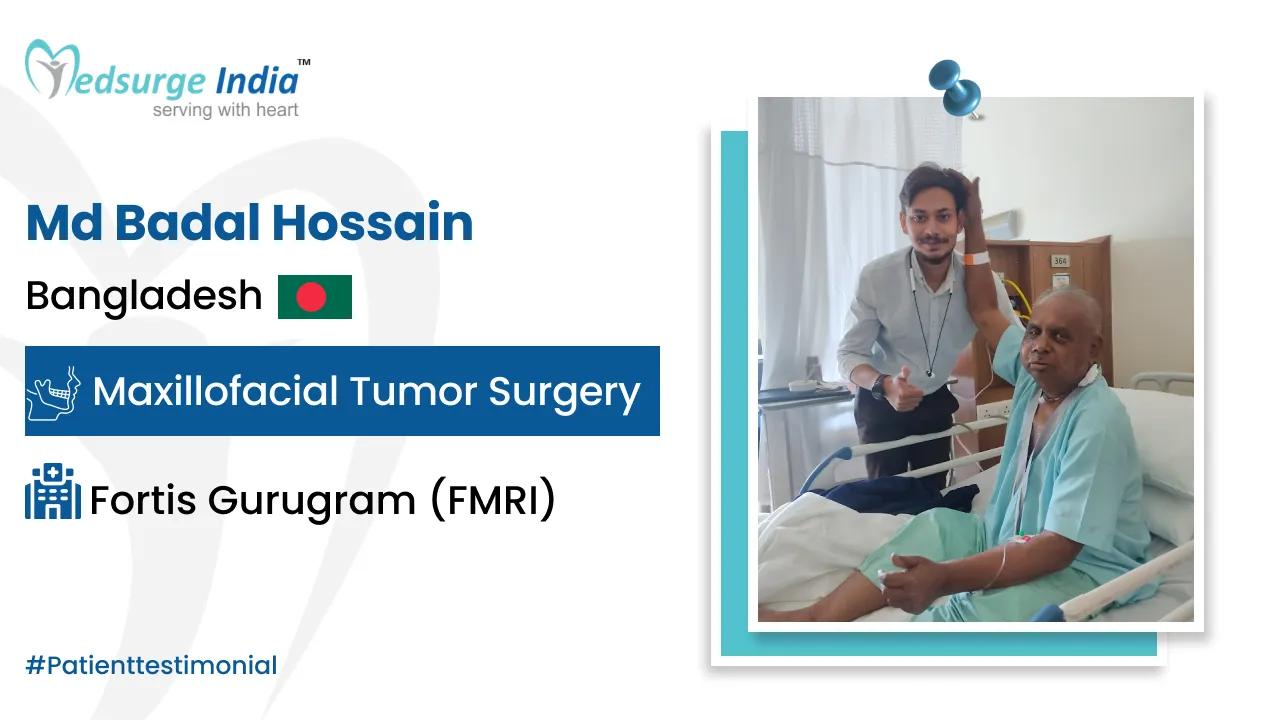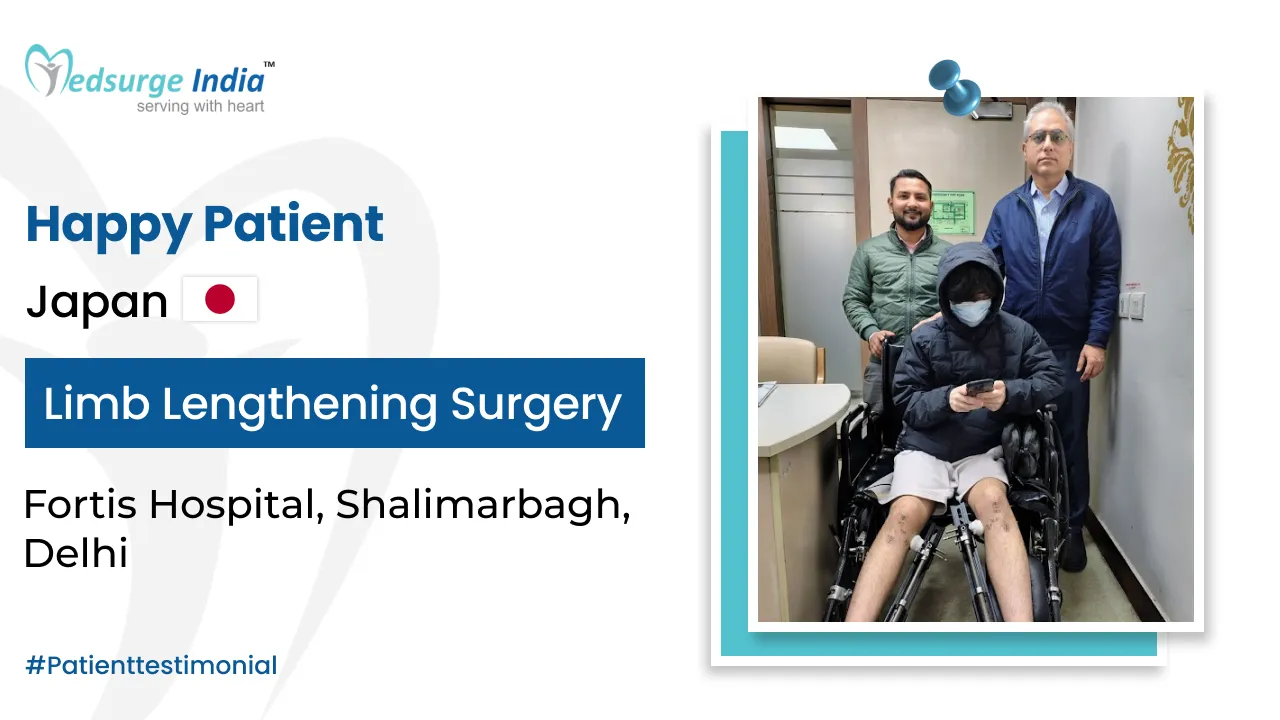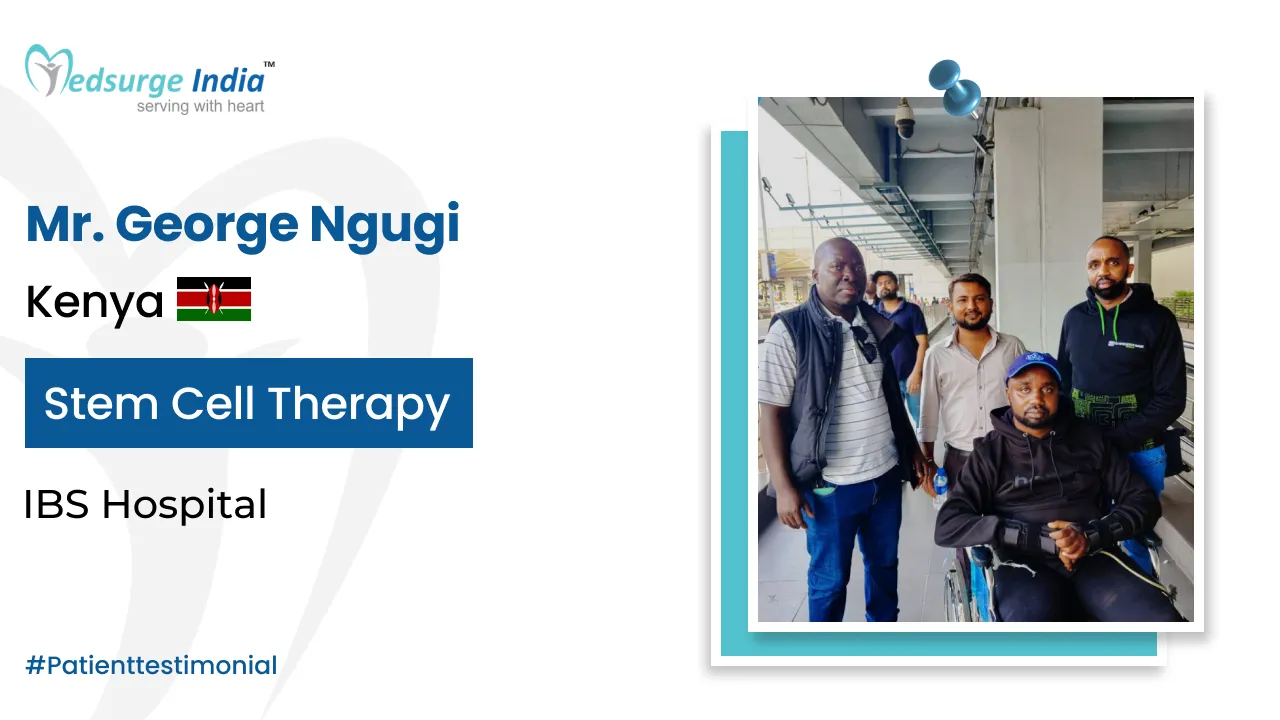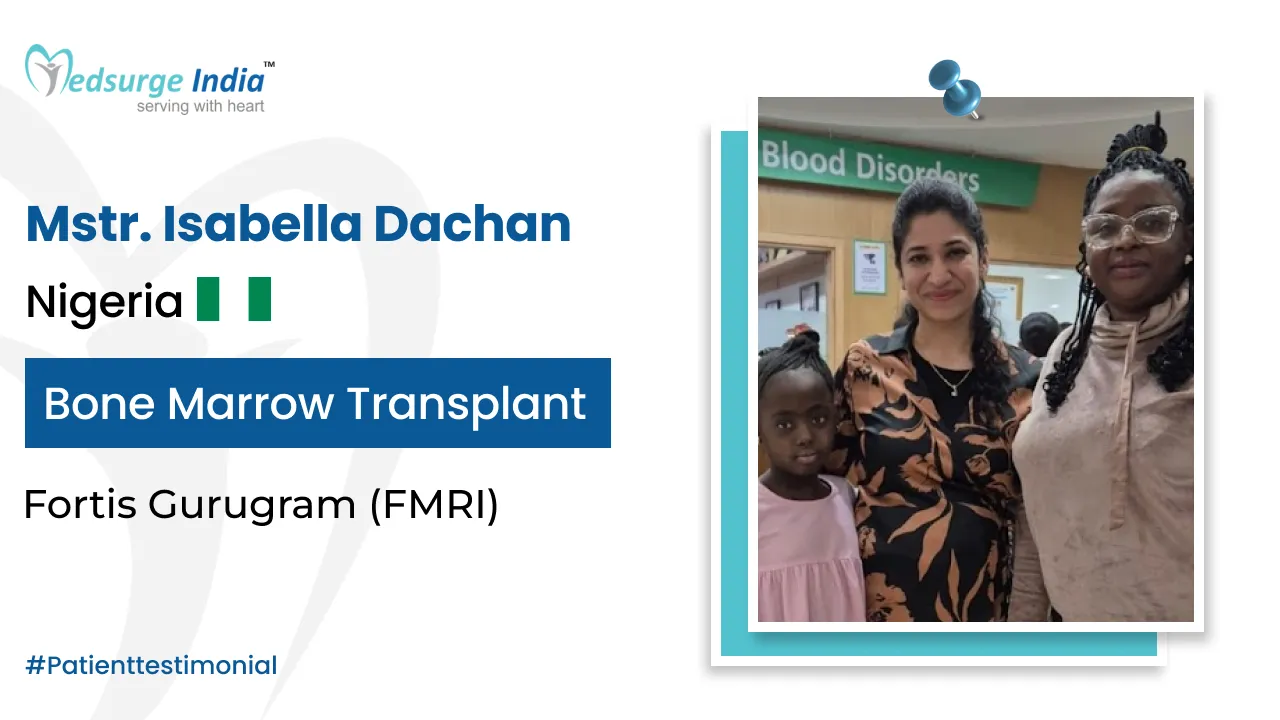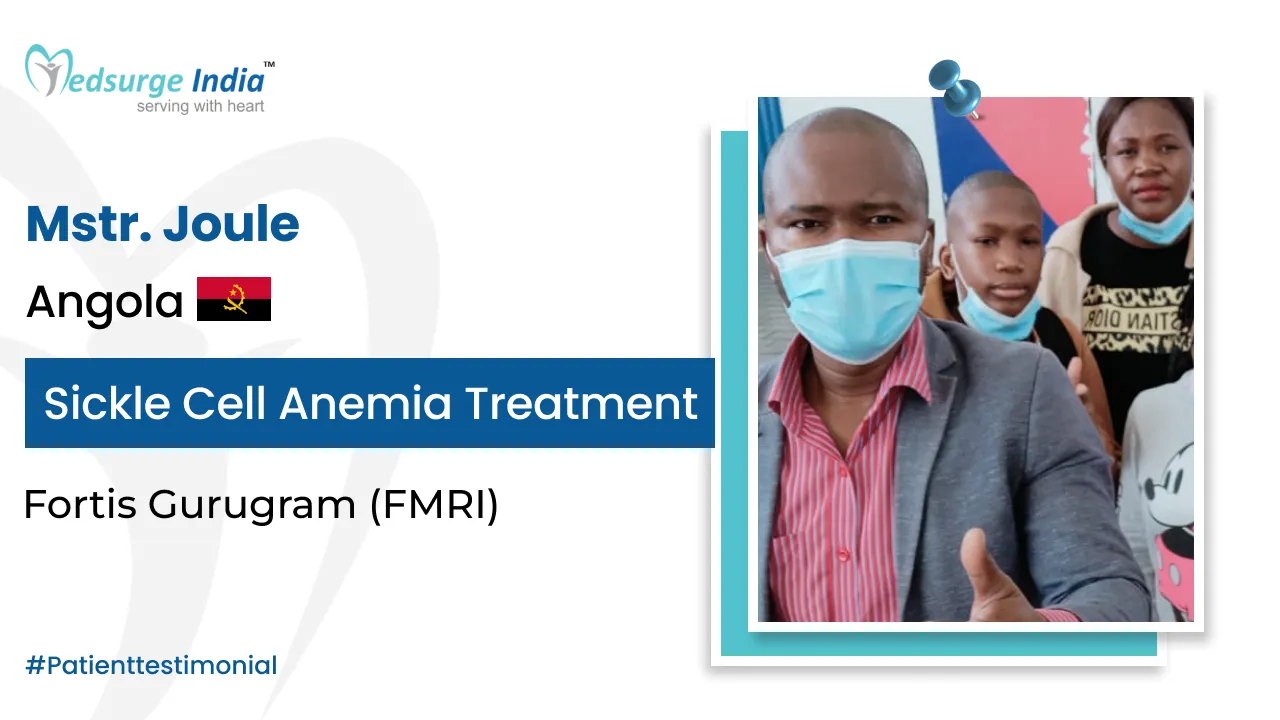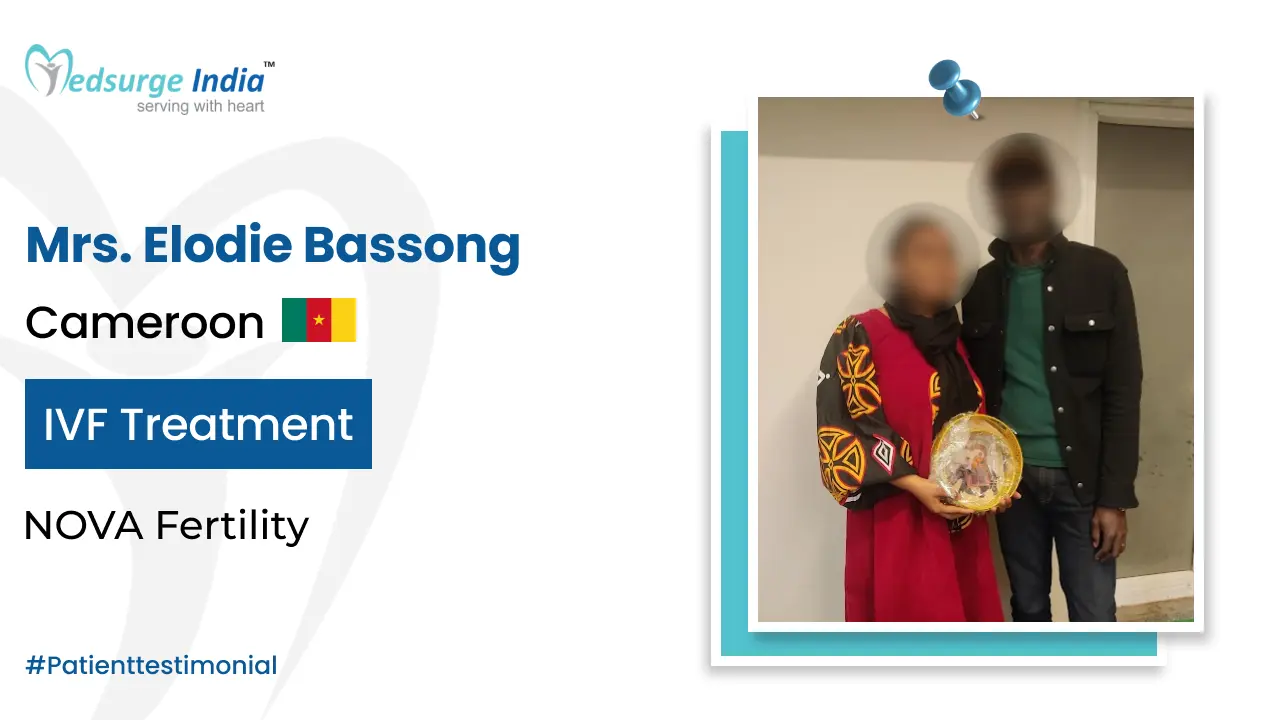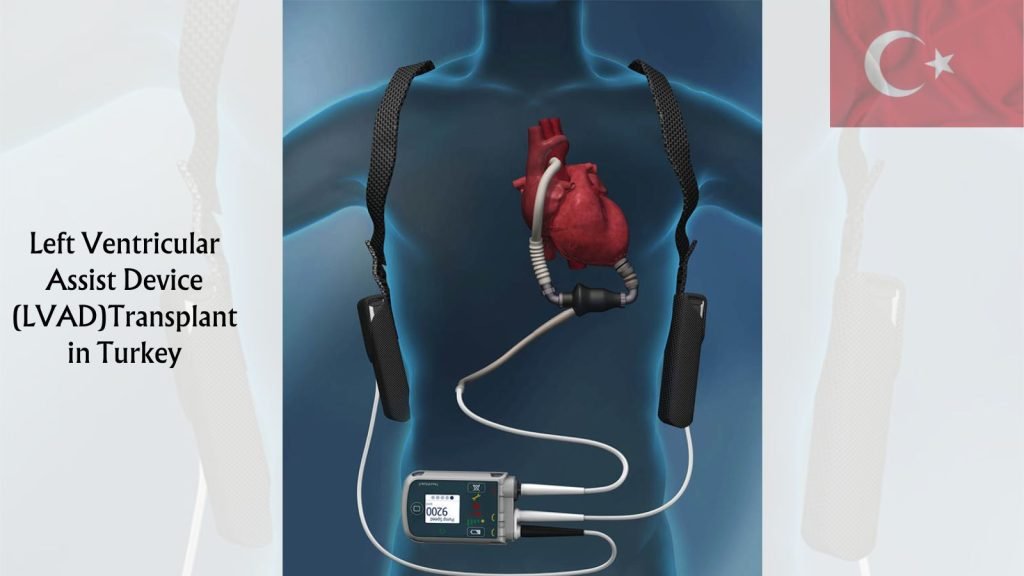
A left ventricular assist device (LVAD) is a mechanical pump implanted in patients with heart failure. The device assists your heart’s lower left chamber (left ventricle) in pumping blood from the ventricle to your aorta and the rest of your body. It’s called a left ventricular assist device because it helps your left ventricle.
The LVAD Implant in Turkey works by pushing blood from your left ventricle to your aorta. The aorta is a big artery that carries blood from your heart to the rest of your body.
The LVAD Implant Cost in Turkey is quite affordable compared to other developed countries. However, the Cost of Lvad Surgery in Turkey varies depending on a variety of factors including the type of hospital chosen and location of the hospital.
What Is the Left Ventricular Assist Device (LVAD)?
A left ventricular assist device (LVAD), also known as a ventricular assist device, is a mechanical electrical device that acts as a heart pump. LVAD is often installed when the heart’s condition has deteriorated, potentially leading to heart failure. The LVAD is surgically installed and helps in raising the left ventricle (the heart’s main pumping chamber) to pump blood to the rest of the body.
However, LVAD should not be confused with an artificial heart. The artificial heart replaces the failing heart, but the LVAD helps the heart accomplish its job rather than replacing it. LVAD is an excellent medical alternative for individuals who are too frail to have open heart surgery to treat heart disease or who are waiting in queue for a heart transplant. A permanent LVAD is sometimes used for patients who are terminally ill and whose health prevents them from undergoing extensive and complicated surgery such as a heart transplant. Destination therapy is another name for this type of treatment.
Helpful – LVAD Surgery Cost in India
What Types of LVAD Are Available in Turkey?
Doctors frequently use an artificial heart to replace the function of the ventricle in the heart. Individuals suffering from severe heart failure may benefit from this device since it improves blood circulation throughout the body. Many patients use these devices not only as a bridge to a heart transplant, but also instead of a transplant entirely. Types of Left Ventricular Assist Devices for Transplant are available in Turkey are following:
HVAD (Medtronic HeartWare Ventricular Assist Device (HVAD) System) Device
Patients in need of a heart transplant frequently use the Medtronic HVAD System, which is a ventricular assist device. This application is referred to as a bridge-to-transplantation. Patients with end-stage heart failure who are either not candidates for a heart transplant or whose health precludes them from having one and whose symptoms are uncontrollable with medication may benefit from the Medtronic HVAD System.
HM3 (HeartMate 3) Device
Patients with advanced heart failure who are not transplant candidates may benefit from the HeartMate 3 LVAD. Those patients will have to carry their pumps around with them for the rest of their lives. Long-term data supports substantial breakthroughs, such as a pump that attempts to reduce issues while enhancing patient longevity.
The HeartMate 3 LVAD has redefined how blood is pushed via a cardiac pump and set a new standard in the field for compactness and efficiency. The HeartMate 3 pump employs Full MagLev Flow Technology, which enhances flow while simultaneously decreasing blood damage as it is pumped through the device.
HM2 (HeartMate 2) Device
Patients with intermediate to severe heart failure may benefit from the HeartMate Left Ventricular Assist Device (LVAD)’s temporary or permanent circulatory assistance. This small and silent pump has a simple design with only one operating part and can generate blood flow comparable to a functioning heart.
Who Is the Right Candidate for LVAD Transplant in Turkey?
If you are a patient and seeking an LVAD Implant in Turkey, you may have heart disease or progressive heart failure that cannot be addressed. The cardiologists implant an LVAD on a diseased heart, but not too sick, because it would make the LVAD implant surgery dangerous. Cardiologists may perform a number of objective tests to determine whether the heart is sick enough and whether the rest of the body is in good enough condition to undergo an LVAD implant.The results of these objective tests will assist your cardiologist and his team in determining whether an LVAD implant is a good fit for you, your heart, and your body.
However, LVAD may not be the best surgical therapy option for heart disease if you have:
- Disorders of blood clotting
- Kidney failure that is irreversible
- Serious liver disease
- Severe pulmonary disease
- Infections that are resistant to drugs.
Why Do People Travel to Turkey for LVAD Implantation?
For patients with end-stage heart failure, Turkey’s LVAD programme offers hope. Turkey has one of the world’s best LVAD clinics. In fact, medical professionals in that country were important in the development of LVAD therapy, which resulted in the first successful “bridge-to-transplant” implant in 1984. Turkish hospitals provide the following types of care:
- Experience: Turkish Heart Failure and Cardiomyopathy Clinics has over 30 years of clinical and research experience.
- Latest treatments: Top Turkish Cardiac Hospitals participation in heart failure research places them at the forefront of the most recent advances in the diagnosis and treatment of heart failure. They offer the most advanced equipment accessible, and their professionals work with all types of devices.
- Minimally invasive techniques: Turkey’s best cardiac surgeons have developed new techniques for implanting LVADs that avoids fracturing the breast bone.
- High volume: They treat the largest number of patients in the Asian region, giving them an advantage in terms of experience and expertise.
Know More – Best Hospitals in Turkey
Get Free Cost Estimation
Procedure
What Is the Cost of LVAD Transplant in Turkey?
The Cost of LVAD Transplant in Turkey starts from USD 75000. Several factors have a direct impact on the Cost of Lvad Surgery. Examine the major aspects that influence the entire Cost of Lvad Surgery in Turkey.
- Consultation charges
- Lvad Surgery Diagnosis Tests
- Surgical Procedure
- The admission fees
- Patient’s Medical Condition
- Age of the Patient
- Hospital Type
- Room Style selected
- City or location
How Is Left Ventricular Assist Devices Surgery Performed in Turkey?
- The anesthesiologist will provide general anesthesia to put you to sleep for the duration of the surgery.
- To reach your heart and insert the device, the surgeon will incise the center of your chest and open the chest bone (sternum).
- During the procedure, he or she may employ a heart-lung bypass machine to maintain oxygen-rich blood moving throughout the body.
- He or she connects one end of the LVAD tube to the left ventricle of the heart and the other end to the aorta. To operate the device, a driveline emerges from the upper belly and is linked to a battery (power supply) and a computer (controller).
- After the surgeon implants the LVAD and it begins to function effectively, the heart-lung bypass unit is removed and the LVAD begins pumping blood.
- Finally, the surgeon uses stitches to close the incision.
What Can You Expect Following a Left Ventricular Device Implant in Turkey?
- You will be transferred to an intensive care unit (ICU) by the team.
- The staff will continuously monitor your condition in the ICU for any potential problems.
- The nurse will administer fluids and drugs to you via IV.
- The doctor will implant tubes into your bladder to drain urine and tubes into your heart and chest to remove blood and other fluids.
- Antibiotics will be given to you to prevent infections, as well as medication that thins blood to avoid blood clots.
- You may need to use a ventilator for a few days after surgery until you are able to breathe on your own.
- After a few days in the ICU, the team will move you to a hospital room.
- Before you leave the hospital, a physical therapist and a nurse will assist you in sitting up, getting out of bed, and walking to help you get stronger and more active.
- You will be discharged from the hospital within 14-21 days, depending on your recovery.
- Your doctor will provide you with home care recommendations for the incision site, showering, traveling, stress and anxiety, and resuming normal activities before you are discharged.
What Are the Risks Associated with LVAD Transplant Surgery in Turkey ?
Every surgery involves some level of risk. Your provider will discuss the risk factors associated with this procedure and how they can help you reduce those risks. Some of the most prevalent risks are:
- Infection.
- Stroke and blood clots.
- Bleeding.
- Heart failure on the right side.
- Kidney damage.
- Failure of the left ventricular assist device.
When you visit with your healthcare professional, make sure you understand the potential risks of the device and why they recommend the treatment.
If you are unable to communicate your desires regarding medical treatment, advance directives can inform your healthcare staff.
How Can Medsurge India Help?
Medsurge India is a prestigious support system for patients looking for doctors, hospitals, and specialized treatments. We’ll find the most suitable medical options for you. Regarding your medical issues, our team will give you a list of certified, reputable, and trusted doctors and hospitals. Additionally, we offer a treatment strategy that fits your budget. Apart, we assist patients with obtaining travel authorizations, medical visas, and a multitude of other things.
The Most Important Frequently Asked Questions
Q: How Long Can an LVAD Patient Live?
A: With modern technologies, patients with VADs might expect to live longer lives. Some patients have lived for as long as 13 years.
Q: Is an LVAD a Permanent Device?
A: Until a donor heart organ is available, the LVAD maintains the heart pumping. Therapy at a destination. The LVAD is a permanent device used to relieve symptoms in those who are unable to receive other treatments, such as transplantation.
Q: Is It Possible for an LVAD to Cause a Stroke?
A: Stroke, both ischemic and hemorrhagic, is a major consequence of LVADs, and stroke is still the leading cause of death between 6 and 24 months after installation.
Q: Is It Possible to Reverse Heart Failure with an LVAD?
A: LVAD therapy has the highest degree of reverse remodeling among heart failure therapies. The degree of reverse remodeling seen with LVADs is occasionally correlated with improved LV function to the point that therapy can be discontinued.
Q: How Long Is the LVAD Battery Expected to Last?
A: The LVAD is a rotary cardiac pump with centrifugal flow. The LVAD’s inflow cannula is attached to the apex of the left ventricle, and the outflow graft is attached to the ascending aorta. Provide power to the system. A single set of batteries can last from 10 to 17 hours.

